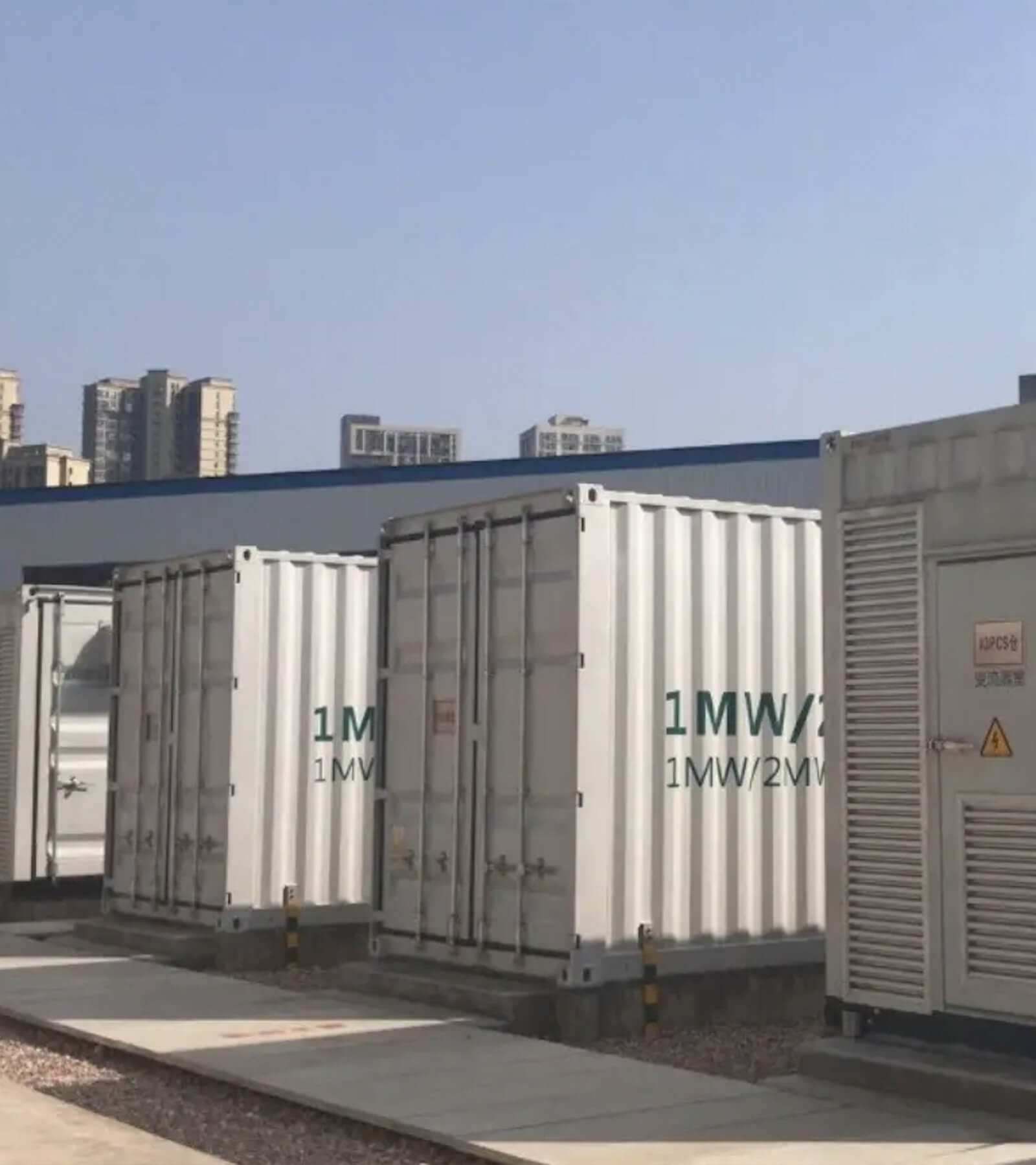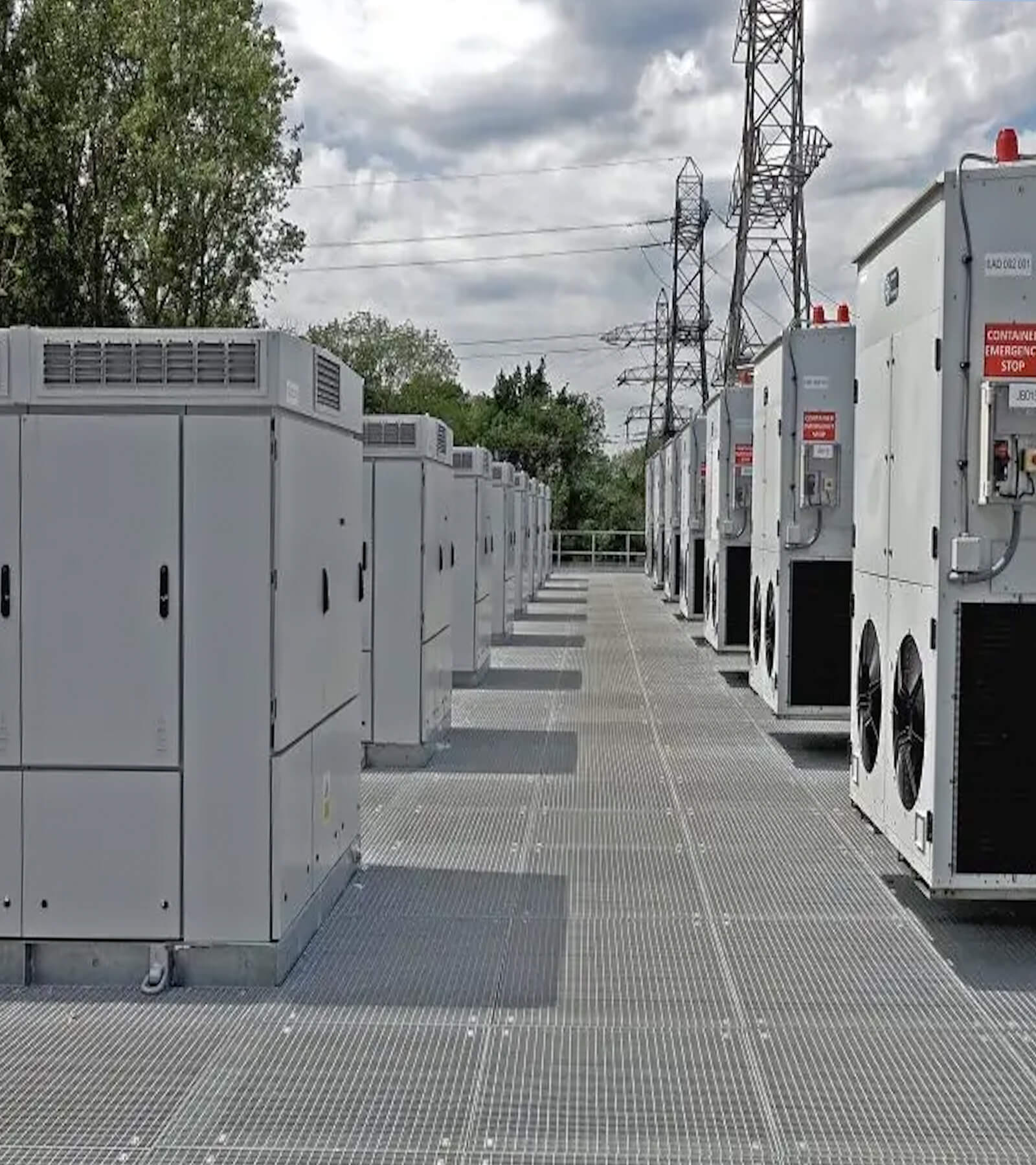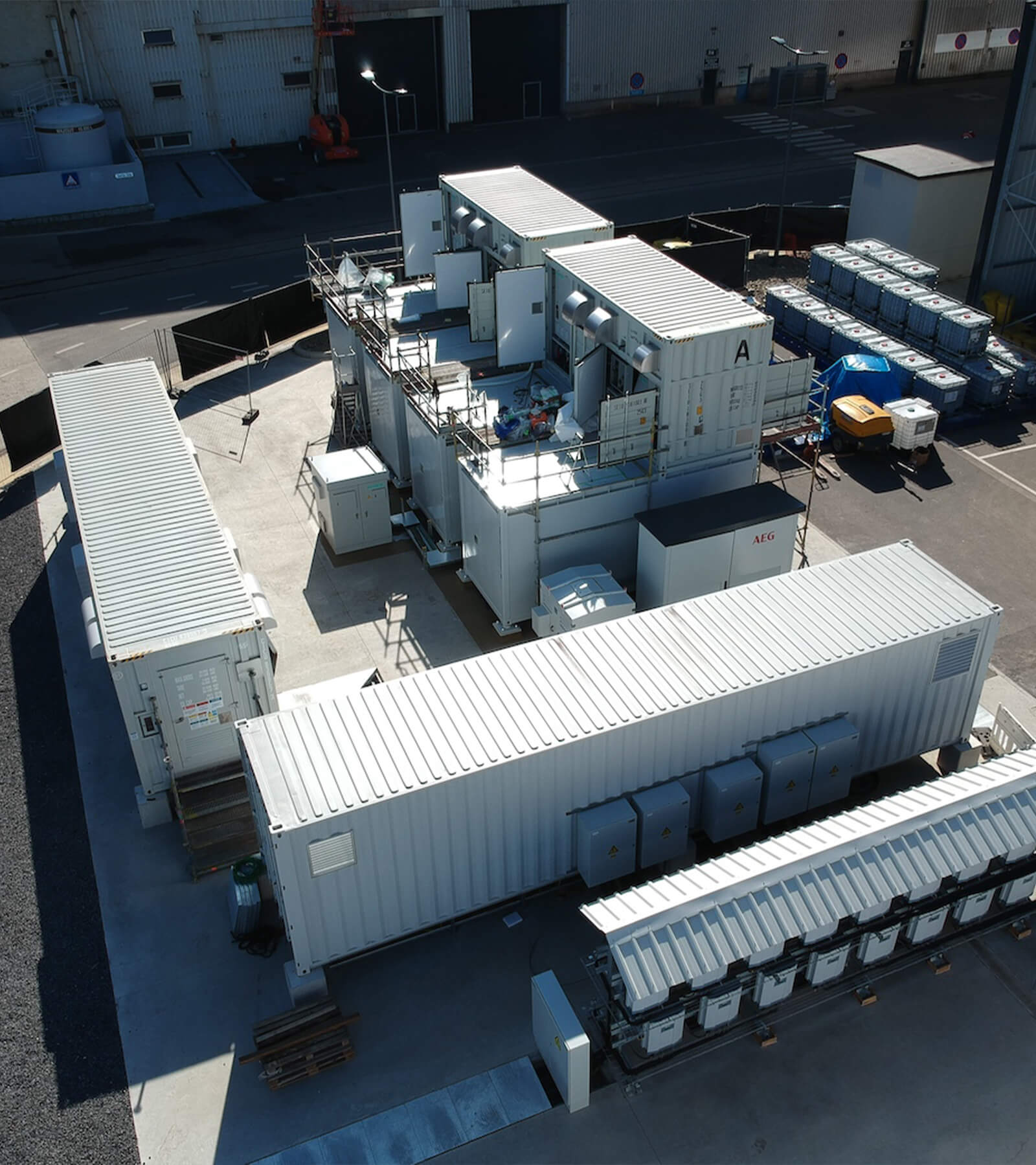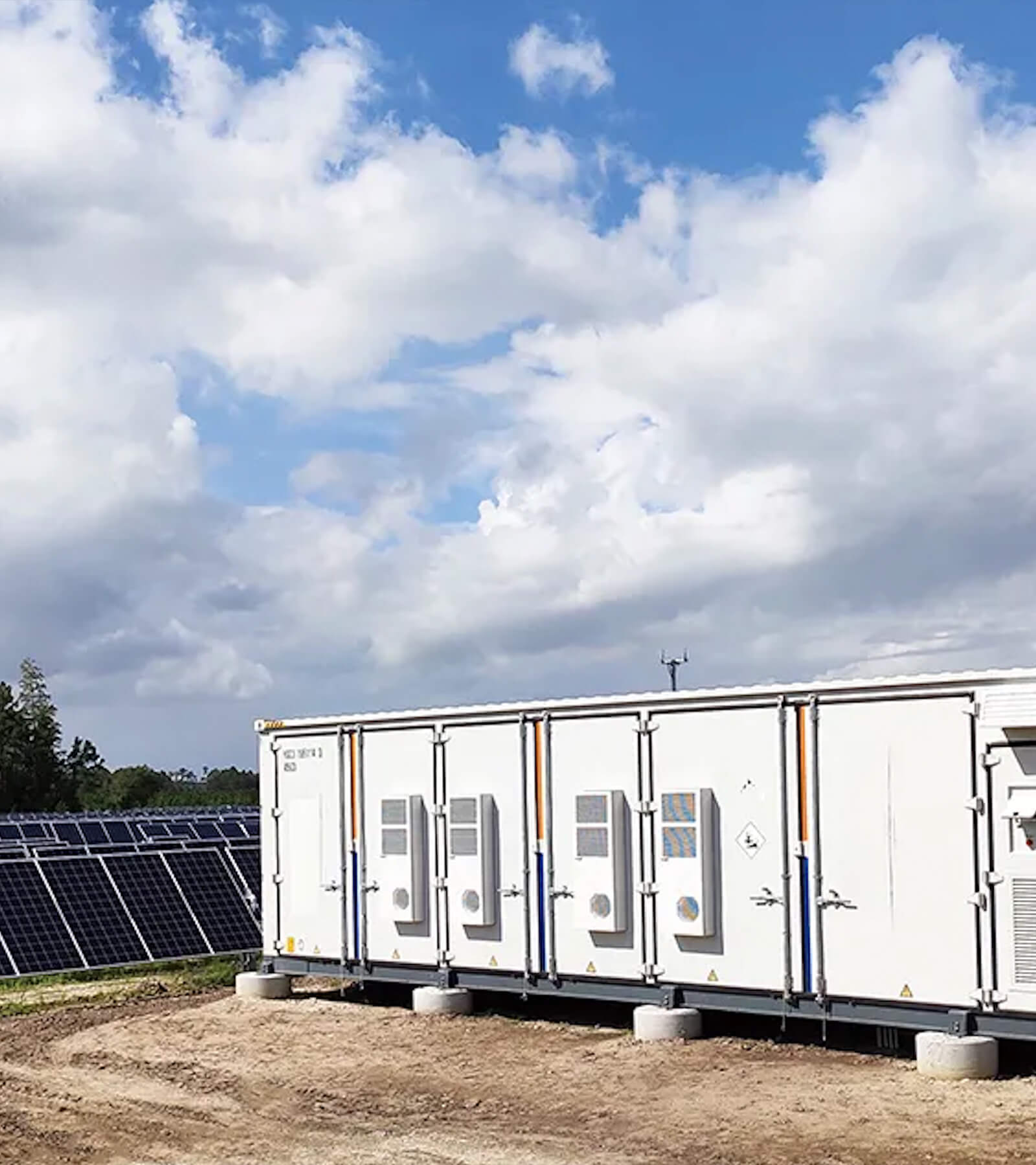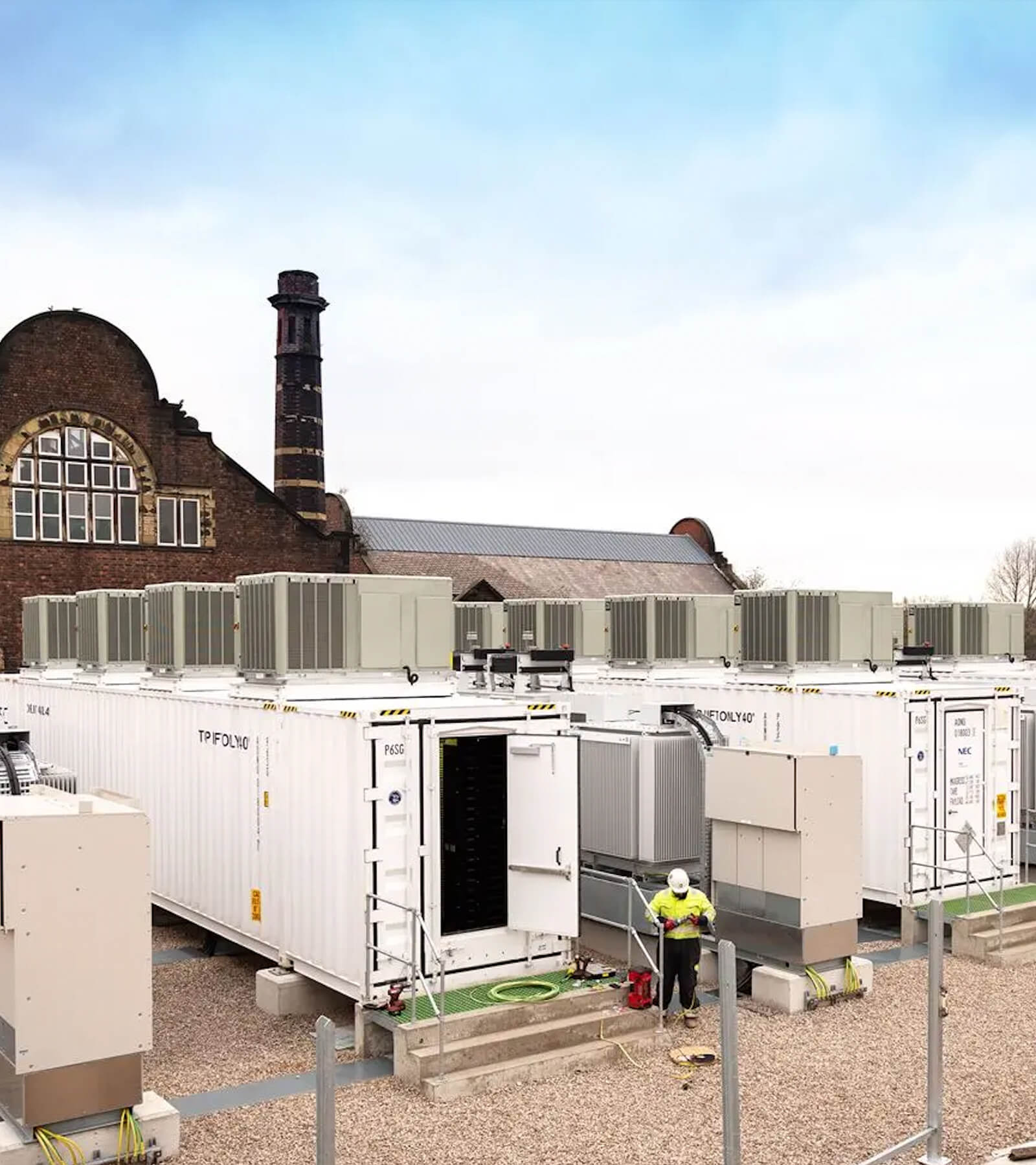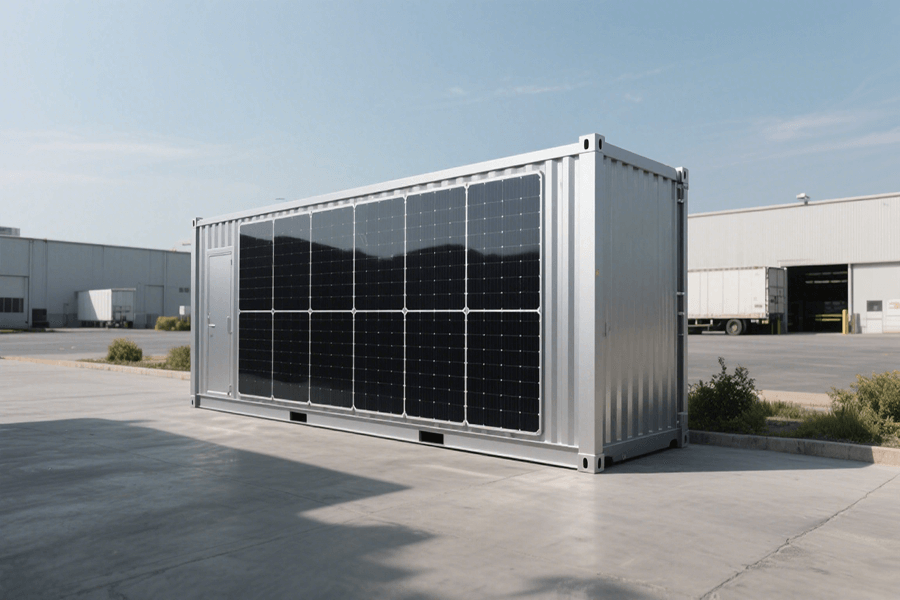
Introduction
In the EU pharmaceutical sector, “keeping cool” isn’t just a preference—it’s a regulatory mandate with zero room for error. Come 2027, the EU’s Good Distribution Practice (GDP) for Pharmaceuticals will roll out a game – changing update: 30% of all power used in pharmaceutical cold chains must come from renewable sources. This isn’t a minor adjustment; it’s a complete overhaul of how temperature – sensitive medications (especially vaccines) are stored and transported across the bloc.
The unsung hero of this renewable revolution? Battery Energy Storage System (BESS) Containers. Solar power is the EU’s go – to renewable for cold chains, but it’s unpredictable—clouds, nightfall, or storms can shut it down. BESS Containers act as the “backup power bodyguards,” storing solar energy during peak hours and releasing it when needed to keep vaccine refrigerators and lab freezers running at a steady 2–8°C (the critical range for vaccine efficacy, per the World Health Organization (WHO)).
BESS Containers: The Temperature – Controlled Powerhouses
BESS Containers aren’t one – size – fits – all—they’re meticulously tailored to the intricate and unique requirements of pharmaceutical cold chains. Below is an in – depth breakdown of their pivotal key specs, optimal solar pairings, and robust real – world backup capabilities.
Size & Capacity: Precision Sizing for Vaccine Preservation
For EU pharmacies, whether nestled in rural idylls or bustling urban centers, 20–50 kWh BESS units emerge as the ideal choice. These units strike a perfect balance between compactness and power. Their sleek and space – efficient design allows them to seamlessly fit within pharmacy yards, while their formidable power output ensures the maintenance of the critical 2–8°C temperature range for extended durations. To truly grasp the significance of these units, let’s conduct a comparative analysis of a 30 kWh unit, the most sought – after option, against the energy demands of a standard vaccine refrigerator:
| Component | Energy Requirement | 30 kWh BESS Capacity Impact |
|---|---|---|
| Standard Vaccine Fridge | ~0.5 kWh/day | Powers 1 fridge for 60+ days during grid outages |
| Rural Pharmacy (3 Fridges) | ~1.5 kWh/day | Powers 3 fridges for 20+ days without additional load |
Source: Energy Storage Europe 2024 Report on Pharmaceutical Cold Chain Storage
Why does this sizing matter so significantly? Rural EU pharmacies, particularly those in countries like Ireland, Greece, or Poland, often grapple with extended grid outages due to limited infrastructure. A 30 kWh BESS acts as a safeguard, preventing the loss of thousands of euros’ worth of vaccines in the event of a power failure. This not only protects the financial interests of the pharmacies but also ensures the continuous availability of life – saving medications to the local communities.
Synergistic Pairing with Solar Arrays: The Dynamic Power Duo
BESS Containers don’t operate in isolation; instead, they form a symbiotic partnership with 10–25 kW solar arrays to create a self – sufficient and sustainable power ecosystem. Here’s a detailed breakdown of how this harmonious collaboration functions:
- Daytime Operations: During the daylight hours, the solar array springs into action, harnessing the abundant energy of the sun to generate electricity. A significant portion of this generated power is directly channeled to power the refrigerators, ensuring the seamless operation of the cold chain. Simultaneously, any excess electricity is utilized to charge the BESS Container, storing the energy for future use.
- Nighttime & Outage Scenarios: As night falls or when grid outages occur, the BESS Container steps in as the hero. It taps into the stored energy reserves, powering the refrigerators and maintaining the critical 2–8°C temperature range, thereby safeguarding the integrity of the vaccines.
In sun – drenched EU regions such as southern Spain, Italy, or Greece, a 15 kW solar array, the average size installed in pharmacies, can generate approximately ~60 kWh/day. According to the European Photovoltaic Industry Association (EPIA), this is sufficient to fully charge a 30 kWh BESS in just 4–5 hours. Even in cloudier regions like the UK and Belgium, a 25 kW solar array can still generate around ~45 kWh/day, ensuring that the BESS remains adequately charged and ready to provide backup power when needed.
Backup Power: Unwavering Reliability for 72+ Hours
The EU’s GDP update isn’t merely about mandating renewable power sources; it also places a premium on reliability. BESS Containers rise to the occasion, offering an impressive 72+ hours of backup power during grid outages. A real – world example from 2024 vividly illustrates their effectiveness. A rural pharmacy in County Galway, Ireland, found itself in the midst of a 3 – day outage during the formidable Storm Emma. However, thanks to its strategic installation of a 40 kWh BESS and a 20 kW solar array, the pharmacy was able to:
- Maintain the crucial 2–8°C temperature range for over 500 doses of COVID – 19 and flu vaccines, preserving their efficacy and value.
- Avoid a substantial financial loss of €25,000, which would have been incurred due to the cost of replacing spoiled vaccines and potential EU non – compliance fines for temperature breaches.
Case Study: Irish Pharmacy Union (IPU) 2024 Rural Healthcare Resilience Report
Compliance & Integration: Checking EU’s Boxes
The EU doesn’t let just any BESS Container into pharmaceutical cold chains. To be approved, units must meet strict medical standards and integrate with existing pharmacy systems. These requirements are not only crucial for maintaining the integrity of the cold chain but also for ensuring the safety and efficacy of pharmaceutical products.
CE MDR Certification: Non – Negotiable for EU Use
All BESS Containers for pharmaceutical use must have CE MDR (Conformité Européene – Medical Device Regulation) certification. This isn’t a simple checkbox—it’s a rigorous test of safety, durability, and temperature control. The European Medicines Agency (EMA) reports that 95% of BESS units pass electrical safety tests (e.g., no short circuits) on the first try, but only 80% pass mechanical integrity tests (e.g., withstanding vibrations during transport or extreme temperatures from – 20°C to 40°C).
The CE MDR certification process is comprehensive and involves multiple stages. It starts with a detailed technical file submission, which includes design documentation, risk analysis, and manufacturing procedures. This is followed by a conformity assessment by a notified body, which may involve product testing, quality management system audits, and on – site inspections.
Why is this important? CE MDR ensures the BESS won’t malfunction and compromise vaccine safety—a requirement to avoid EU fines (up to €100,000 for non – compliant units, per the EU’s 2027 GDP draft). Non – compliance not only results in significant financial penalties but also damages the reputation of the company and can lead to legal consequences. Additionally, it can have serious implications for public health, as malfunctioning BESS Containers can lead to the degradation of vaccines, rendering them ineffective.
IoT – Enabled Temperature Monitoring: 24/7 Surveillance
Vaccines can’t afford “temperature surprises.” BESS Containers come with IoT sensors that track internal fridge temperatures every 5 minutes and send real – time alerts to pharmacy staff (via app or email) if the range drifts above 8°C or below 2°C.
The difference this makes is stark:
| Monitoring System | Average Time to Detect and Fix Temperature Issues | Impact on Vaccine Preservation |
|---|---|---|
| IoT – enabled BESS | 15 minutes | High – effective preservation |
| Non – IoT systems | 4+ hours | High risk of vaccine degradation |
Source: IoT Analytics 2025 Report on Healthcare Cold Chain Monitoring
The IoT – enabled temperature monitoring system provides a proactive approach to cold chain management. It allows pharmacy staff to respond immediately to any temperature deviations, minimizing the risk of vaccine spoilage. The real – time data also enables detailed analytics, helping pharmacies identify patterns and optimize their cold storage operations.
Integration with Inventory Systems: Streamlining Operations
Modern pharmacies use pharmaceutical inventory management systems (e.g., SAP for Healthcare, McKesson) to track vaccine stock. BESS Containers integrate with these systems to optimize energy use:
- When vaccines are removed (e.g., for appointments), the system notifies the BESS to reduce power to the fridge (since less cooling is needed). This intelligent adjustment helps conserve energy and reduces operational costs.
- When new vaccines are added, the BESS ramps up power to maintain 2–8°C. This ensures that the newly stocked vaccines are stored at the optimal temperature from the moment they are added to the container.
This integration cuts energy waste by ~15% (per Healthcare Information and Management Systems Society (HIMSS)) and reduces human error (no more manual temperature logs). By automating the temperature control process based on inventory changes, the system not only improves energy efficiency but also enhances the accuracy and reliability of cold chain management. It also frees up pharmacy staff from the time – consuming task of manual monitoring and logging, allowing them to focus on other critical aspects of patient care.
ROI & Funding: Why BESS Containers Make Financial Sense
Investing in a BESS Container may initially appear costly, with average prices ranging from €15,000 to €30,000 for units with capacities between 20–50 kWh. However, a closer look at the financials reveals a compelling case for adoption. Below, we delve into how pharmacies can not only recover their investment but also generate significant returns.
ROI: 4.2 – Year Payback Period
The average pharmacy across the European Union can expect to recoup its investment in a BESS Container within 4.2 years. This rapid payback is primarily driven by two major cost – saving mechanisms:
1. Energy Savings
By integrating solar power with BESS Containers, pharmacies can achieve substantial reductions in their reliance on the grid. On average, this combination leads to a decrease in grid power consumption of 35–50%. Take, for instance, a pharmacy in Munich, Germany. After installing a 30 kWh BESS Container, the establishment witnessed a remarkable 40% reduction in its monthly electricity bill, dropping from €800 to €480. Over a four – year period, these savings accumulate to a total of €15,360.
2. Compliance Savings
Non – compliance with the 2027 GDP renewable energy regulations can result in hefty fines of up to €100,000. BESS Containers offer pharmacies a reliable solution to ensure full compliance, thereby completely eliminating the risk of incurring such penalties.
Calculations based on the EU Pharmaceutical Industry Federation (EFPIA) 2025 Cost – Benefit Analysis of Cold Chain Renewables
EU Health Programme (2025–2030): Free Funding for BESS
The EU’s Health Programme (2025–2030) has allocated a significant €2.3 billion towards upgrading medical infrastructure, with BESS Containers for cold chains being a key area of focus. Pharmacies meeting specific criteria can apply for grants that cover 50–75% of the combined costs of BESS Containers and solar arrays. The eligibility requirements are as follows:
- Community Service: Serve rural or underserved communities, where reliable cold storage solutions are crucial for maintaining vaccine availability.
- Impact on Vaccine Access: Demonstrate how the BESS Container will enhance vaccine access, such as by reducing stockouts and improving storage reliability.
- Regulatory Compliance: Ensure compliance with CE MDR (Medical Device Regulation) standards, guaranteeing the safety and efficacy of the equipment.
A notable example is a rural healthcare network in Brittany, France. This network recently secured €500,000 in funding to install 10 BESS Containers across its affiliated pharmacies. Projections indicate that this investment will yield total savings of €300,000 over a five – year period, encompassing both energy costs and potential non – compliance fines.
*Source: *EU Commission Health Programme Portal
Maxbo Solar: Your EU – Focused BESS Partner
Hey there—I’m Maxbo Solar, and we’ve spent a decade designing BESS Containers specifically for the EU’s pharmaceutical cold chain. We don’t just sell units; we build solutions that check every box: CE MDR certification, IoT monitoring, solar integration, and EU funding support.
Here’s what makes our BESS Containers stand out for EU pharmacies:
- Tailored Sizing: We offer 20–50 kWh units, with customizations (e.g., extra insulation for cold EU winters).
- 99.9% Temperature Accuracy: Our IoT sensors have a margin of error of <0.5°C—better than the EU’s 1°C requirement.
- Funding Navigation: We help you apply for EU Health Programme grants (we’ve already helped 20+ pharmacies secure funding in 2025).
- 24/7 Support: Our team in Berlin, Germany, provides real – time troubleshooting—critical if a storm hits and your BESS needs adjustment.
We’re not just a supplier—we’re your partner in meeting the 2027 GDP rules without breaking the bank. Check out our EU – specific BESS solutions at [www.maxbo – solar.com](www.maxbo – solar.com), or reach out to our team for a free cost – benefit analysis (we’ll even calculate your potential ROI!).
Let’s keep your vaccines cool, your costs low, and the EU’s renewable goals on track—together.

